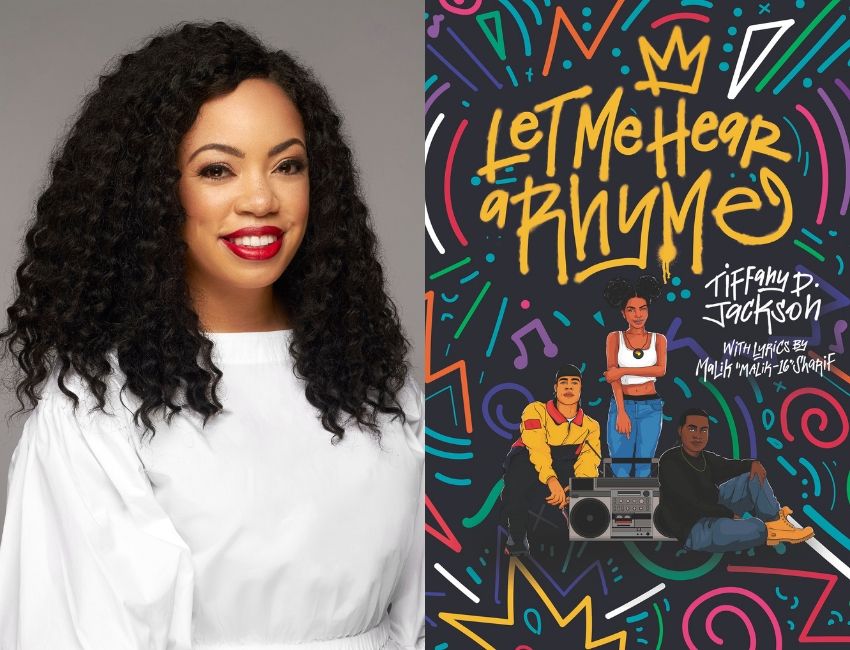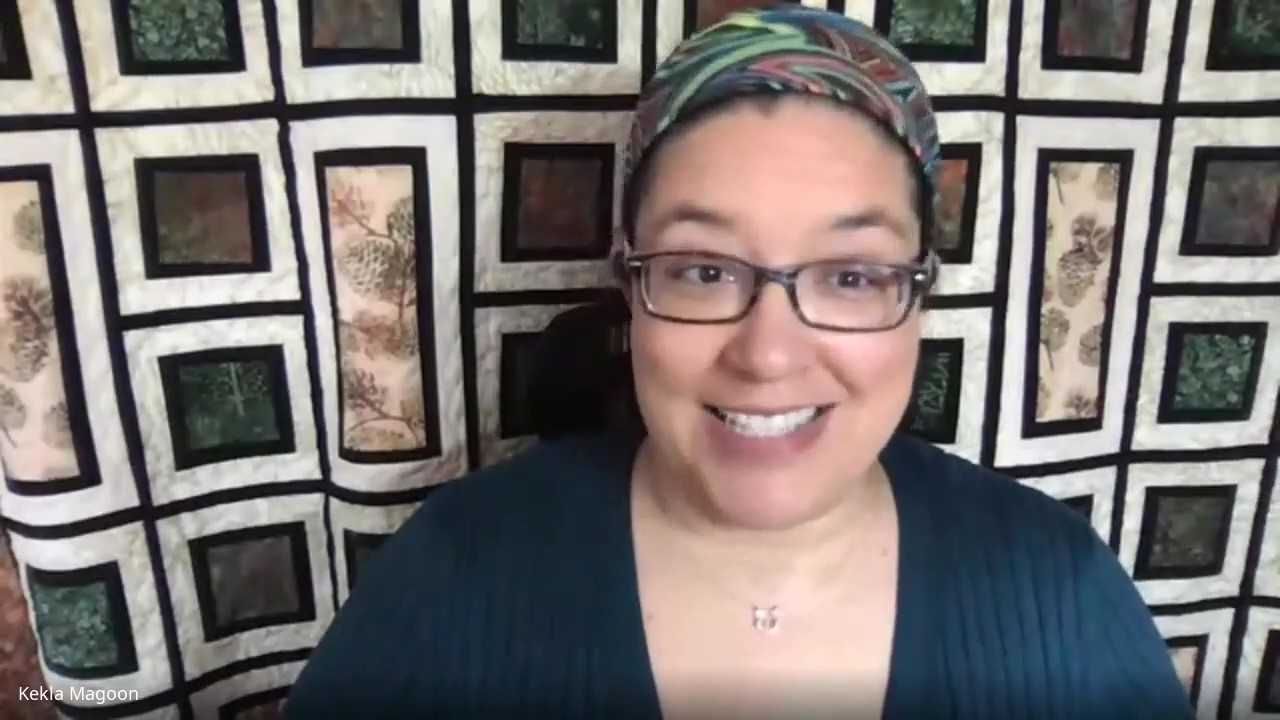How we Talk about Teenaged Characters in Books is Completely Wrong, a look at adolescent development
 |
| Check out the Oct 2011 edition for more |
Occasionally I will read a review of a book and they will say things like they hated the book because the main character, a teenager, “made stupid decisions”, was “stupid”, was “whiny”, was “selfish”, or was “impulsive”. When I read these reviews I can’t help but think, do you remember being a teen? And have you talked to one lately?
I believe what these reviewers mean to say is that the teenaged characters in a book about teenagers acted like teenagers do and that is okay because this is a book about teenagers.
ADVERTISEMENT
ADVERTISEMENT
Here’s the deal, teenagers are very different from adults. Research, actual science, has shown that their brains aren’t fully developed and they don’t even access them the same way that adults do. In fact, the part that influences decision making is one of the most underdeveloped/under-utilized parts of their brains. This is a great analogy for understanding the teenage brain: “For comparison’s sake, think of the teenage brain as an entertainment center that hasn’t been fully hooked up. There are loose wires, so that the speaker system isn’t working with the DVD player, which in turn hasn’t been formatted to work with the television yet. And to top it all off, the remote control hasn’t even arrived!” (How Stuff Works)
Let me tell you a story about my amazing husband (it’s okay to tell you this because I asked and he said sure). When he was 19 he got fired from a job. His car had broken down on the freeway and stressed out and overwhelmed, he really just didn’t want to take the time to call off work. So they fired him. Here he was living on his own, now unemployed, and kind of unraveling. Do you know what he did with his last $20.00? He bought an M.C. Escher print at the mall because it was cool. The Mr. eventually worked this adulting thing all out. He is, in fact, an awesome husband and even more amazing father. But who he was then is miles away from who he is now. The same goes for me. And if you are being honest, the adult you is very different from the teenaged you. If not, you’re probably doing this adult thing wrong.
When adults read YA literature, we must do so with a better understanding of who teens are. Teen characters aren’t going to make the same decisions as adult characters because teens aren’t future thinking in their decision making. They don’t have the benefit of wisdom and the experience that comes from trial and error. A lot of times, these are all new situations to the teen characters in books just as teens in real life are facing these experiences for the first time. As a side note, this is one of the reasons why the age of consent matters and we must stop romanticizing the idea of the adult man with underage girls and vice versa, but that is a rant for another day.
It’s unfair to the literature to put adult expectations on teenaged characters. Teenagers are not mini adults, they are older kids (though don’t ever call them that, they don’t like it). Was Harry Potter sometimes really whiny? Yes, yes he was. And you know, so are most young teens. Are teens sometimes impulsive? Yes, and this is actually developmentally correct behavior, as is being selfish, making bad decisions, and having high and extreme emotional reactions.
Maybe I said all of this better yesterday on Twitter.
When discussing teens in #YAlit and in real life it is important that we not expect adult levels of sophistication & thinking. #brainscience
— TeenLibrarianToolbox (@TLT16) March 26, 2014
The truth is, teens ARE NOT mini adults and their brains are very different than ours.See http://t.co/xJdm1iazya & http://t.co/ejQGz0F3ja
— TeenLibrarianToolbox (@TLT16) March 26, 2014
Do the teens in #yalit make stupid decisions? Yep, & that is accurate. Are they selfish? Yep, & that is accurate. Are they impulsive? Yep.
— TeenLibrarianToolbox (@TLT16) March 26, 2014
They don’t have the benefit of adult experiences. They don’t have the benefit of trail and error.
— TeenLibrarianToolbox (@TLT16) March 26, 2014
.@TLT16 @thereadingzone Teens are unpredictable. They act on emotion w/o focusing on consequences: a writer’s dream – a parent’s nightmare!
— Book Buddy (@BookBuddyMedia) March 26, 2014
Here’s the important takeaway:
So the next time you write a review that says they were stupid, selfish, or impulsive. Replace that with they acted like a teenager.
— TeenLibrarianToolbox (@TLT16) March 26, 2014
For more information on how the teenage brain is different from the adult brain, check out these resources:
Wired: You Call This Thing Adaptive?
NIMH: The Teen Brain, Still Under Construction
PBS Frontline: Inside the Teenage Brain
A Parent’s Guide to the Teen Brain
How Stuff Works: Are teenage brains really different from adults?
Filed under: Adolescent Development, Teenage brain
About Karen Jensen, MLS
Karen Jensen has been a Teen Services Librarian for almost 30 years. She created TLT in 2011 and is the co-editor of The Whole Library Handbook: Teen Services with Heather Booth (ALA Editions, 2014).
ADVERTISEMENT
ADVERTISEMENT
SLJ Blog Network
One Star Review, Guess Who? (#202)
This Q&A is Going Exactly As Planned: A Talk with Tao Nyeu About Her Latest Book
More Geronimo Stilton Graphic Novels Coming from Papercutz | News
Parsing Religion in Public Schools
ADVERTISEMENT








I will call teenagers stupid and selfish and accuse them of making stupid decisions, but to be fair I will do the same to characters in adult fiction too. I've read before that the brain does not fully mature until mid 20s and that one of the last things to develop is complex decision making skills.
While I certainly acknowledge that I made stupid mistakes and hurtful mistakes, I am still aware that among my peers stupid decisions were taken with great potential for danger at a time when people WERE old enough to know better. The dangers of crossing the road without checking for traffic are drummed into you from the age of 3, yet my friend still chose to cross the road during peak hour traffic without checking to make sure the cars had stopped. She also, despite counsel from ALL of her friends telling her it was a bad idea, decided to enter into a relationship with a man ten years older than her who at the time was facing trial for sexual assault charges. She herself acknowledged that it would not be a good idea, but dated him anyway.
There are those who can start to figure out those decision making skills much earlier than others, and there are those that sadly never develop them. Most children learn from a very early age the correlation between cause and effect and that actions have consequences. If we can expect a 5 year old to understand that throwing scissors is a bad idea, we must also expect teenagers to shoulder at least SOME of the responsibility for their actions.
I agree that there are always those who mature faster and earlier (I was one) and those that do so later (and sometimes never). And yes, adults can and are selfish, impulsive, whiny, etc. The point I was trying to make, and maybe I didn't do it well, is that we need to keep adolescent development in mind when talking about YA fiction and now expect the characters to act like little adults or judge them by adult standards. I have an 11-year-old and a 5-year-old and I am always having to remind the Tween that it's not fair to expect her little sister to know the same things that she knows because she is only 5, we need to do the same for YA characters.
The problem is that the teens in most of these series are ‘heroes’ they rarely get picked out of ordinary 21th century teenage life and have to instantly deal with decisions only an adult would make.
they’re usually people growing up with hardships, having to take responsibility early on, having to learn how to overcome that nonsense with the undeveloped brains.
they should technically be very much able to make at least a few not completely stupid or selfish decisions, especially when every, literally every selfish decision before really hurt them and everyone around them.
yes, it is unfair to expect your 14 year old son to make sound decisions about the rest of his life (which ironically is a thing every parent seems to expect of their children to do even earlier on)
but it is very much fair to expect the young prodigy hero of every other ya fiction novel to not literally make every wrong move they could possibly make.